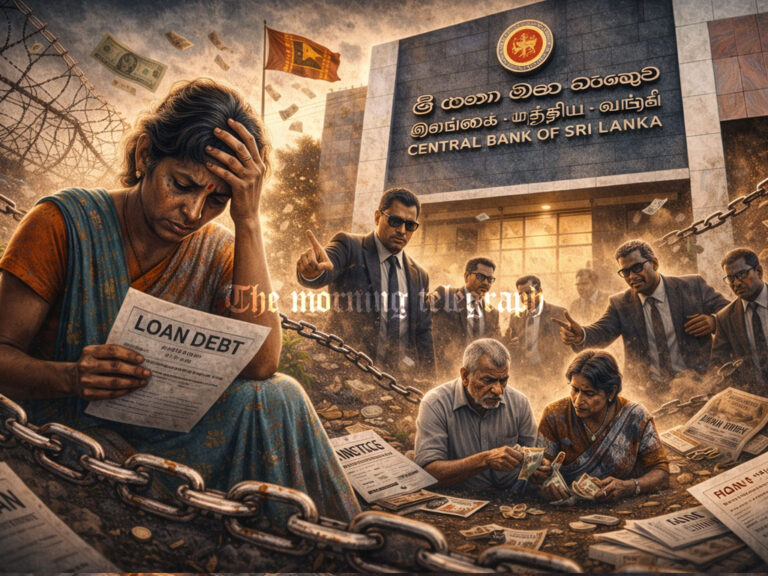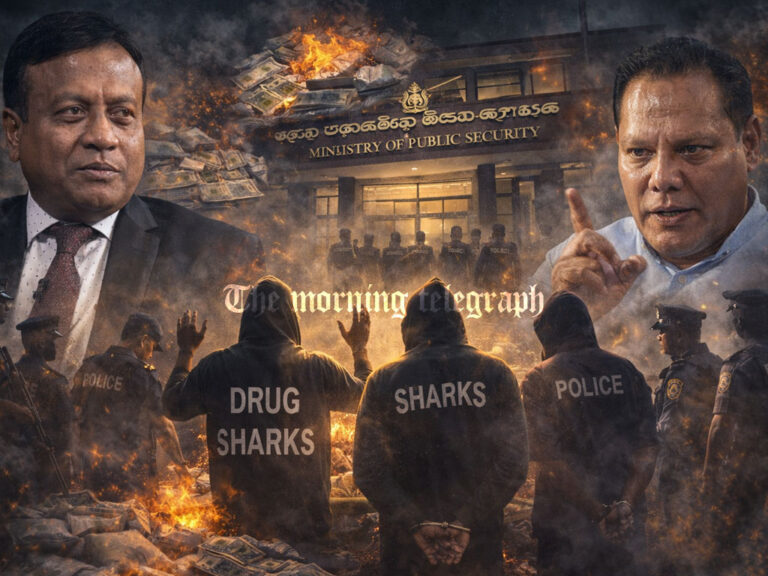
In a significant shift in its diplomatic strategy, the Sri Lankan government has decided to recall 16 diplomats who were appointed to various ambassadorial positions based on kinship and political connections during the previous administration. This move underscores the government’s commitment to reforming its foreign service and ensuring that appointments are based on merit rather than political affiliations.
Details of the Recall
The Ministry of Foreign Affairs has confirmed that the diplomats are scheduled to return to Sri Lanka immediately. Among those recalled are Dr. Lalith Chandradasa, who served as the Consul General in Los Angeles, USA, and Anura Fernando, the Consul General in Shanghai, China. Other notable figures include Dr. D. Venkateswaran, Deputy High Commissioner in Chennai, India, and several third secretaries stationed in various countries, including the United Kingdom, Australia, and France.
This recall includes diplomatic staff from key positions in strategic regions, reflecting the government’s aim to enhance the professionalism and effectiveness of its foreign service.
The government’s decision comes amid growing concerns over the effectiveness of diplomats chosen primarily for their political ties. By recalling these officials, the Ministry aims to send a clear message about the importance of expertise and integrity in diplomatic appointments.
Officials within the Ministry have indicated that this reform is part of a broader strategy to build a more capable and credible diplomatic corps. The government plans to recruit new diplomats based on qualifications and experience, moving away from the practice of appointing individuals connected to political elites.
This recall is expected to have immediate implications for Sri Lanka’s diplomatic relationships, especially in regions where the recalled diplomats were actively engaged. However, the government believes that by emphasizing professionalism, it can enhance Sri Lanka’s international standing and foster better relations with foreign partners.
As Sri Lanka navigates a complex geopolitical landscape, having qualified and experienced diplomats is crucial for advancing the country’s interests abroad. The government’s commitment to reforming its foreign service aligns with its goals of economic recovery and strengthening international partnerships.
The decision to recall diplomats has been met with a mix of support and skepticism. Analysts and political observers see this as a necessary step towards rebuilding public trust in the government and its institutions. By prioritizing merit over political connections, the government is taking a step towards more accountable governance.
However, the effectiveness of these reforms will depend on the government’s ability to implement genuine meritocratic practices in future diplomatic appointments. Stakeholders will be watching closely to see if this commitment translates into action and leads to a more robust and effective foreign service.
The recall of 16 diplomats marks a pivotal moment in Sri Lanka’s efforts to reform its foreign service, signaling a shift toward a more professional and merit-based approach to diplomacy. As the government continues to rebuild its international relations following a series of challenges, the focus on qualified personnel aims to ensure that Sri Lanka’s representation abroad is both competent and credible.




